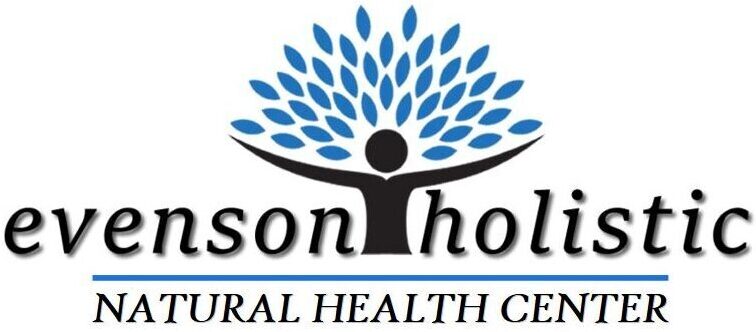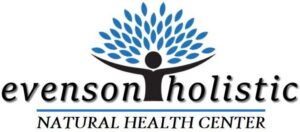
If you’ve ever tried to improve your diet, you might have found yourself overwhelmed by the sheer number of options available. From carnivore to vegan, there are many different types of diets out there, each with their own unique set of benefits and drawbacks. In this post, I’ll take a closer look at some of the most popular diet types. When working with clients it is not uncommon for me to stay in the range of keto, paleo, and carnivore because I believe these frameworks support greater long-term healing objectives.
When I begin working with new clients I never look at their case and suggest following one diet or the other right from the start. Instead, I will use a process of studying a clients weekly food journal and begin guiding my recommendations based on the data I see before me. Together we’ll make a shift in thinking, learn a few things, and identify a diet and lifestyle that will best support your needs for healing.
- Carnivore diet
The carnivore diet is a diet that consists primarily of animal products, including meat, fish, and dairy. Vegetables and fruits are excluded. Advocates of this diet claim that it can lead to weight loss, improved digestion, and reduced inflammation.
- Paleo diet
The paleo diet is based on the idea that we should eat the same types of foods that our ancestors did during the Paleolithic era. This includes meat, fish, vegetables, fruits, and nuts. Proponents of this diet argue that it can lead to weight loss, improved digestion, and a reduced risk of chronic diseases.
- Keto diet
The ketogenic diet is a low-carbohydrate, high-fat diet that aims to put the body into a state of ketosis, where it burns fat for energy instead of carbohydrates. This diet has been shown to be effective for weight loss, and may also improve insulin sensitivity and reduce inflammation.
- Mediterranean diet
The Mediterranean diet is based on the traditional dietary patterns of countries bordering the Mediterranean Sea. It emphasizes vegetables, fruits, whole grains, nuts, seeds, and olive oil, with moderate amounts of fish, poultry, and dairy. This diet has been shown to reduce the risk of heart disease, stroke, and other chronic diseases. It is also relatively easy to follow and provides a wide range of nutrients.
- Vegetarian diet
A vegetarian diet excludes meat, fish, and poultry, but includes dairy and eggs. There are several types of vegetarian diets, including lacto-ovo vegetarian (which includes dairy and eggs), lacto-vegetarian (which includes dairy but not eggs), and ovo-vegetarian (which includes eggs but not dairy). Vegetarian diets have been shown to reduce the risk of heart disease, stroke, and certain types of cancer. They are also relatively easy to follow and can provide all of the necessary nutrients with careful planning. I do not recommend vegetarian diets for any long term success.
- Vegan diet
A vegan diet excludes all animal products, including meat, fish, poultry, dairy, eggs, and honey. It is a plant-based diet that relies on vegetables, fruits, grains, legumes, nuts, and seeds for nutrition. Vegan diets have been shown to reduce the risk of chronic diseases, including heart disease, diabetes, and certain types of cancer. However, they require careful planning to ensure that all necessary nutrients are being consumed. Vegan diets often work only for the short term.
In conclusion, there are many different types of diets out there, each with their own unique set of benefits and drawbacks. The best diet for you depends on your personal health needs, preferences, and lifestyle. Together we’ll discover what those are and set you on a course of healing that will support your long-term goals.



Leave a Comment